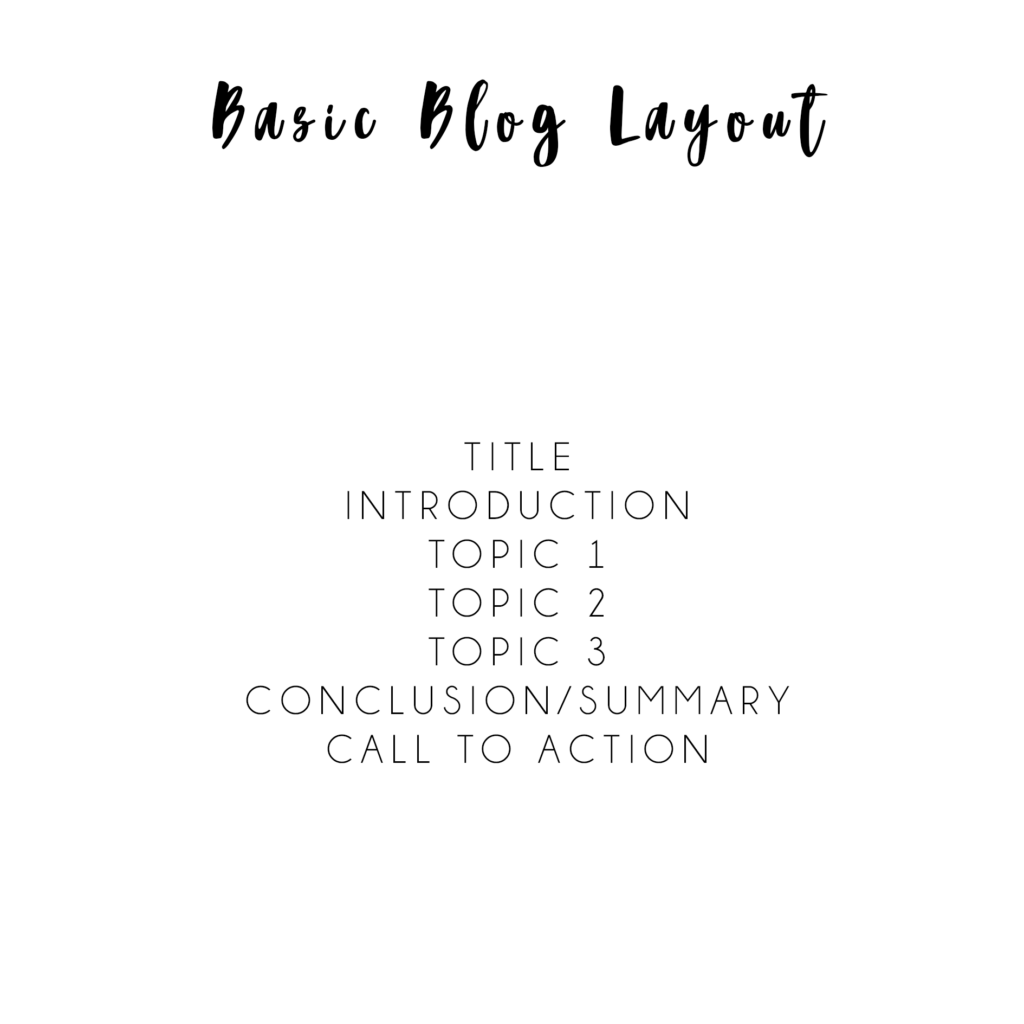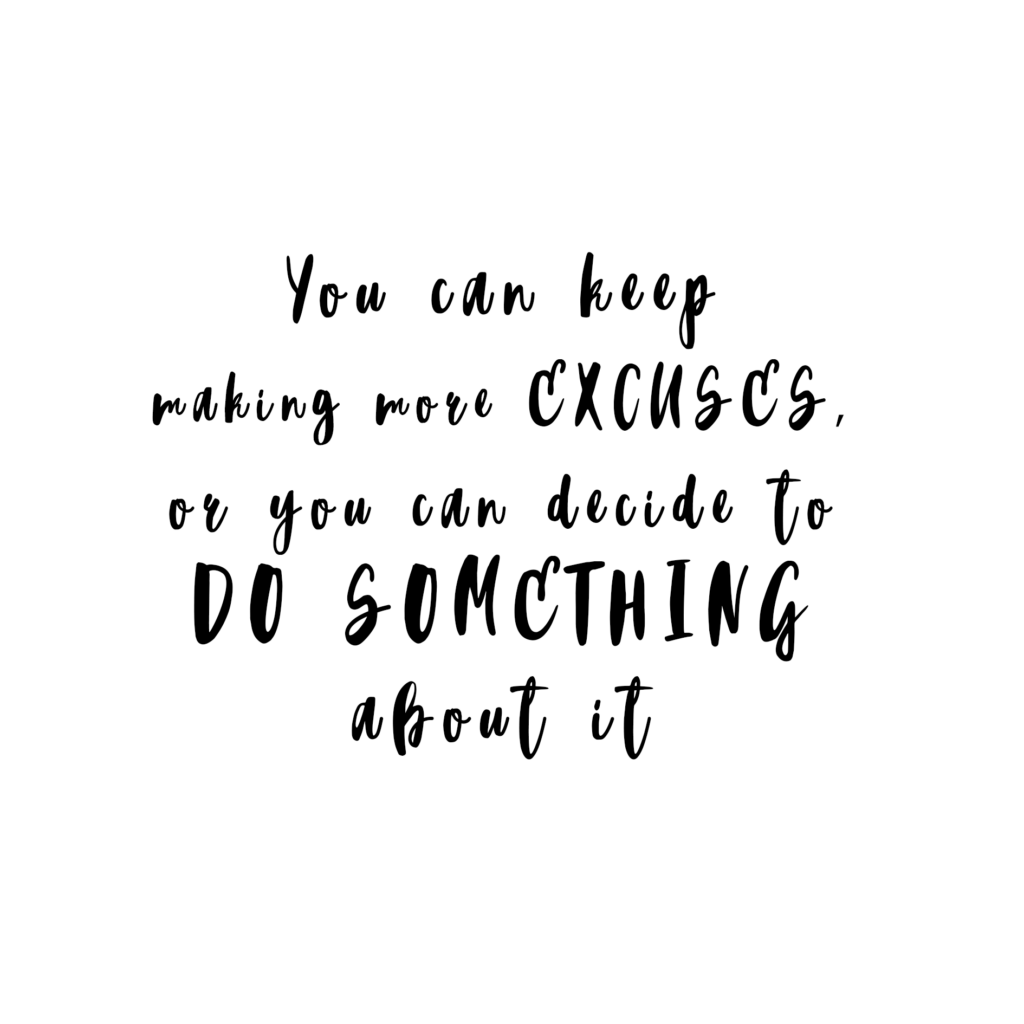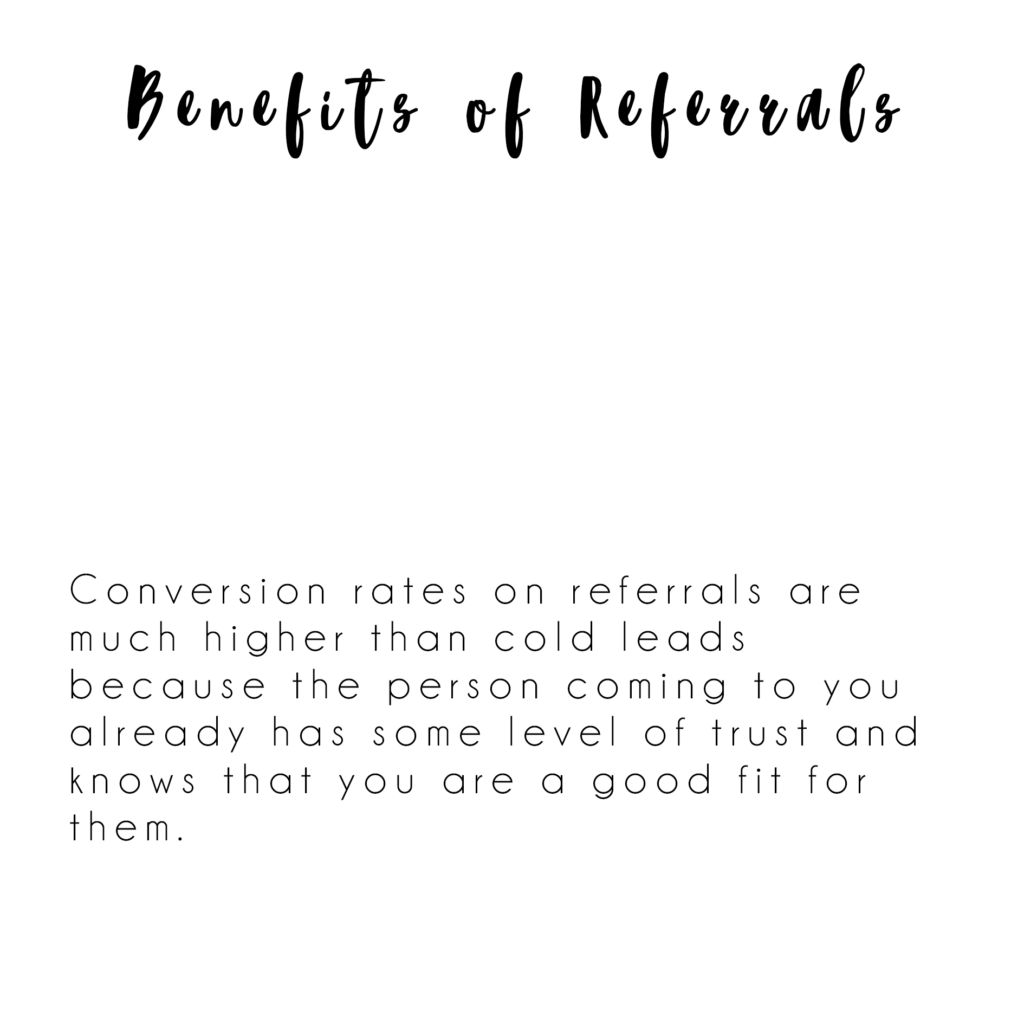In the past, I have done a fair bit of website copywriting for small businesses, so I’ve seen plenty of good/bad/ugly and know how damaging bad copy can be – but also how worthwhile good copy is!
So even though I don’t currently offer this as a service (blog writing is my current go-to!), I decided to put together a blog post with some of my best copywriting tips for those who are keen to write their website copy for themselves.*
* If it’s in your budget, though, I strongly encourage you to seek out a reputable website copywriter who can take things next level!
Be yourself
Your website copy needs to sound like YOU! That’s the key here. If you take one thing away from this blog article, it needs to be this point. If people don’t hear your voice when they read your words, you’re probably not doing it right. Forget corporate mumbo jumbo. Write like you talk! If that includes slang (and it’s appropriate for your industry), chuck that in too. Your greatest asset here is your unique personality… no copywriter can do that as well as you can, so if you’re writing your own copy, this is your biggest advantage… use it!

Get it proofread
Even the professionals get someone to check over their work before it goes live. You can be staring at a piece for hours and still miss 10 obvious mistakes that will reflect badly on your business. Even if it’s your partner or your business bestie, make sure SOMEONE reads your copy before you go ahead and publish it. You never know what typos, spelling errors, and things you may have missed.
Link in logical places
Writing for your website is not like writing for a brochure. You have several tools at your disposal which can make things easier for your reader if you use them correctly. One of these tools is links! If you mention the “contact” page while writing on your about page, make sure the word “contact” is linked to your contact page. It’s a simple and logical part of the process, and a great opportunity to help drive your customers exactly where you want them.
Calls to action
If you’re going to spend some time writing about how wonderful your product or service is, don’t leave your customers hanging at the end of it. Tell them what to do next. Tell them to contact you, click the buy link, share it with their friends. Don’t just assume that they know what to do next. Write it out in plain English. Don’t worry – your customers won’t be offended if you write this way. Calls to action are important because they make life easier for your customers… they don’t have to think as much!

Don’t forget your privacy policy
Surprisingly few websites have their own privacy policy, but this page is an important component – and may even be legally required, depending on the purpose of your site and what your local laws are. Your privacy policy should be linked in your footer (easy to find, but not distracting from your main content). It should include information like what contact details your website collects, how they are used, and how customers can contact you if they have any concerns. There are lots of great templates already online, so if you’re looking to write this one yourself, just go ahead and look up a template that you can customise (many law firms provide these for free). However, if your website is large or complex, with lots of potential privacy concerns, it’s a good idea to get a legit lawyer to put this one together for you.
Thank you pages
If you have forms on your website, it is important to make sure you don’t overlook your thank you pages. A thank you page is a page on your website that you redirect users to after they have filled out a form. This is an awesome opportunity to say thank you and give them a new call to action (check their emails, share the link, etc.).
SEO features that are important
When writing website copy, keep search engines in mind. Don’t write unnaturally for the sake of it, but be aware that using the right words on your page will have an effect on your ranking in Google. You should also keep in mind your meta data (meta description, page titles, and image alt tags), as these are all an important part of your copy that are often overlooked. If you’re not sure what meta data is all about, it’s a good idea to do some further reading before you make a start.
Have a blog
These days it almost goes without saying – almost every website should have a blog, or some kind of section that is constantly updated with new content, information, or news. These are so important for great search engine rankings but also to show your customers that your business is active and up to date, and you really know your stuff! If you’re writing copy for your website, make sure you prepare at least 2 blog posts in advance so that your blog page isn’t totally empty when your new site goes live! Oh, and this is an area I can help you with, so please get in touch if you’d like me to put together a custom blog post just for you.
It’s not an essay – use formatting and styling
If the last time you wrote anything longer than an email was a highschool essay, I should warn you: website copywriting is nothing like that kind of writing. Bear in mind that your users have short attention spans, are scanning your page for quick information, and won’t read every single word or sentence. Help them out by breaking up your copy with short paragraphs, headings, bullet points, bolds, italics, and other little formatting and styling tweaks that will help get your point across more quickly.
Get your length right
Not too long, not too short – just right. That’s what you’re aiming for with your copy. But what is “just right”? It really depends on what you’re writing about. It’s worth mentioning that some users need more information than others to make a purchase decision. Cater for the users who need a lot of info first – other people will be able to skim read anyway! If you’re using great formatting and styling practices (as mentioned in the previous point), your users won’t mind if you write a little too much, because it will be easy for them to skim ahead to what they are interested in. On the other hand, if you’re running out of things to talk about, just stop. There’s no need to waffle on. Write good, quality copy and you’ll naturally write to the perfect length!
Don’t repeat yourself
If you’re still unsure on the perfect length for your copy, it might be tempting to start repeating yourself just to make sure you get enough keywords in there. Don’t do it. Not only will it annoy your customers, but Google might start to pick up on any unnatural keyword repetitions, which will do more harm than good for your SEO.
It’s in the details
Finally, pay close attention to the details. It’s what will set you apart from your competitors. Hopefully you’ll have someone edit and proofread your work before it goes live, but try to go one step further. Look for areas where you can add value to your copy with relevant images, relevant internal and external links, and more. When you go the extra mile with your copy, people will assume you’ll do the same in your business.

So, DIY website copywriters, I hope that this list has been useful for you! Please remember that if you’re struggling, there are loads of amazing professional copywriters out there who can help out. Your copy is just as important as having a great design on your website.
Cheers,
Angela


